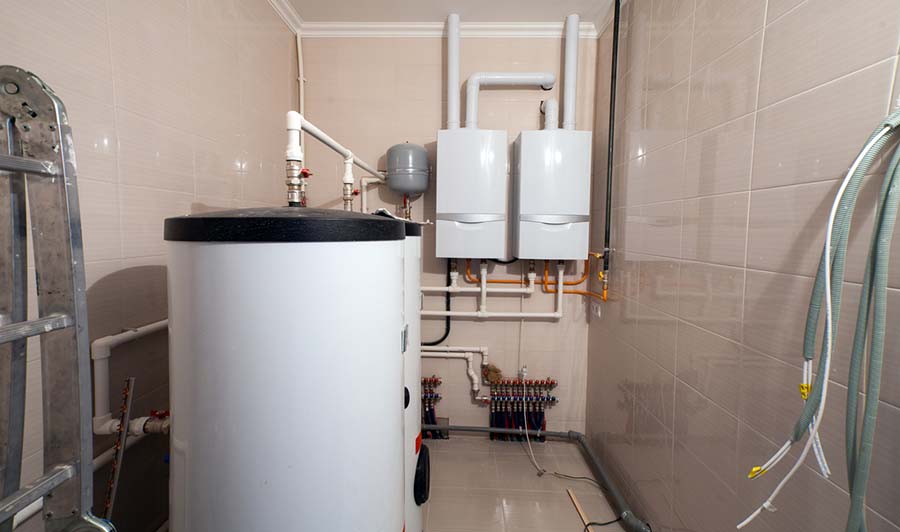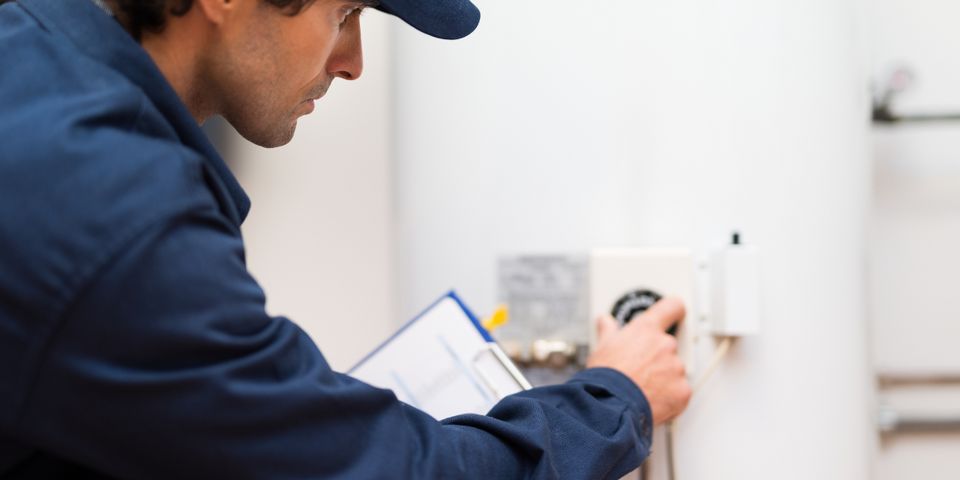In this article below you'll find some decent advice on the subject of Common Hot Water Heater Problems.

A hot water heater is just one of the most crucial basic appliances that can be discovered in a residence. With hot water heater, you don't require to undergo the stress of home heating water manually every time there is a requirement to take a bath, wash, or the dishes. There is constantly a possibility that your water heater would certainly act up as with a lot of mechanical gadgets.
It is essential to keep in mind any type of little malfunction as well as tackle it swiftly prior to points get out of hand. Most times, your hot water heater begins to malfunction when there is a build-up of debris as a result of continuous usage. As a safety measure, periodic flushing of your hot water heater is recommended to stop sediment accumulation and protect against functional failing.
Common water heater emergency situations and exactly how to deal with them
Too little warm water
It might be that the water heating system can't sustain the warm water demand for your apartment. You might upgrade your water heating system to one with a larger ability.
Rising and fall water temperature level.
Your water heating unit can begin generating water of different temperature levels normally ice scalding or chilly hot. There could be a requirement to change either the heating or the thermostat device of your water heating unit.
Leaking water heater tank.
A dripping container could be a sign of deterioration. It can trigger damages to the floor, wall and also electric gadgets around it. You could also be at danger of having your house swamped. In this circumstance, you should turn off your hot water heater, allow it to cool, as well as thoroughly look for the source of the trouble. Sometimes, all you need to do is to tighten up a couple of screws or pipe connections in cases of minor leakages. Yet if this does not function and the leakage continues, you could require to employ the solutions of a technician for an ideal substitute.
Tarnished or stinky water
When this happens, you need to recognize if the issue is from the water or the storage tank source. If there is no amusing smell when you run chilly water, after that you are certain that it is your water heater that is defective. The odiferous water can be caused by rust or the accumulation of germs or sediments in the water heater container.
Verdict
Some house owners neglect little warning as well as minor faults in their hot water heater system. This only results in additional damage and a feasible total malfunction of your appliance. You ought to take care of your hot water heater mistakes as soon as they come up to avoid more expenses and unneeded emergency problems.
With water heating systems, you do not require to go with the tension of heating water by hand every time there is a demand to take a bath, do the laundry, or the recipes. It might be that the water heater can not support the warm water demand for your home. Your water heating system might start generating water of different temperature levels normally ice cold or hot warm. If there is no funny odor when you run cool water, then you are particular that it is your water heating unit that is malfunctioning. The smelly water can be created by rust or the accumulation of bacteria or sediments in the water heating system container.
Common Water Heater Issues and What You Should Do
What Type of Water Heater Do You Have?
Before we begin it’s first important that you identify the type of water heater you have on your property. There are two main types of water heaters out there: conventional and high efficiency.
Both of these types of products typically use either gas or electricity to heat power. There are also solar water heaters that use a thermal collector on the roof or yard to heat the water.
While these models are not as common, they can cut heating costs in half. In this article, we will focus on conventional and high efficiency.
How Do My Electric and Gas Water Heater Work?
Though they look similar, electric and gas water heaters work very differently. It’s important to know their basic function because often problems can be specific to the heating source.
In the electric model, a thermostat on the side of the machine detects the temperature of the water in the tank. When the temperature needs to rise electricity flows to a heating element suspended in the water.
Gas models also use a thermostat device — typically with a mercury sensor at the tip and an additional sensor called a thermocouple. The thermocouple detects whether the pilot light is on and controls the flow of gas.
When the thermostat drops below the appropriate level gas is released which becomes ignited by the pilot light. The flame heats the bottom of the water tank which causes hot water to rise and cold water to drop.
This natural circulation continues until the water reaches the desired temperature. Then, the thermostat triggers the gas control valve to shut off the flow of gas.
What Are the Most Common Issues and How Do You Fix Them?
https://happyhiller.com/blog/common-water-heater-issues-and-what-you-should-do/

Do you like reading about Is Your Water Heater Leaking?? Leave feedback down below. We'd be pleased to listen to your responses about this article. In hopes that you come back again before long. Remember to take the time to share this blog if you appreciated it. Thank you so much for going through it.
Clog issue? Reach out!